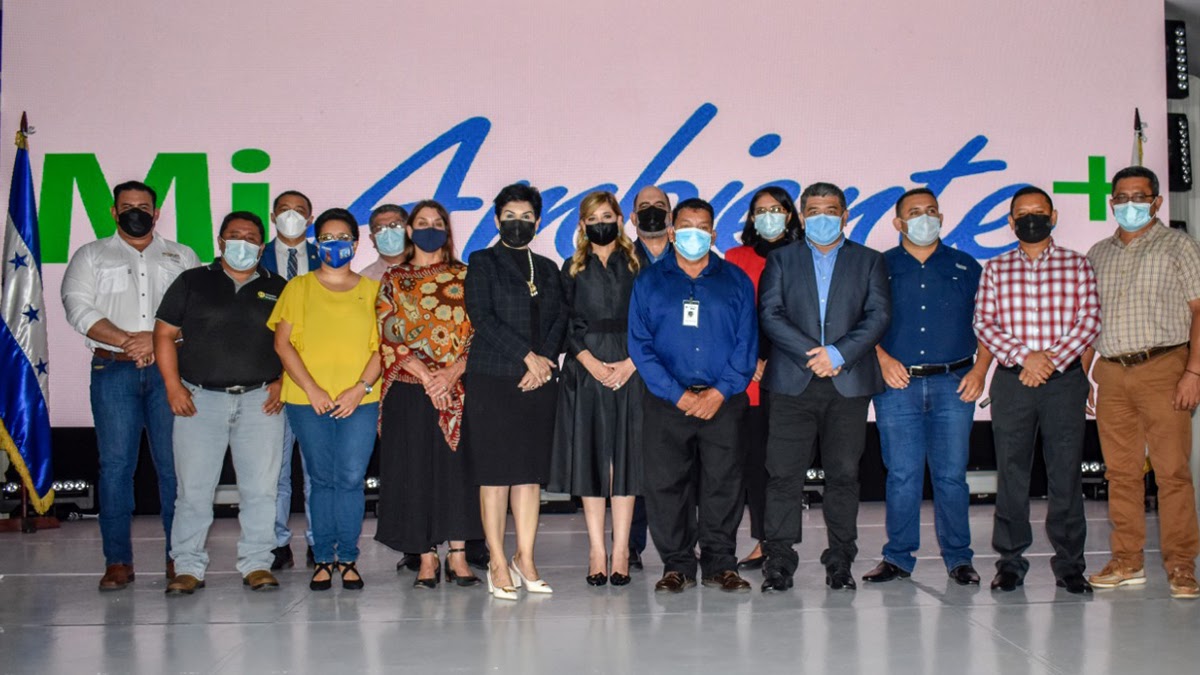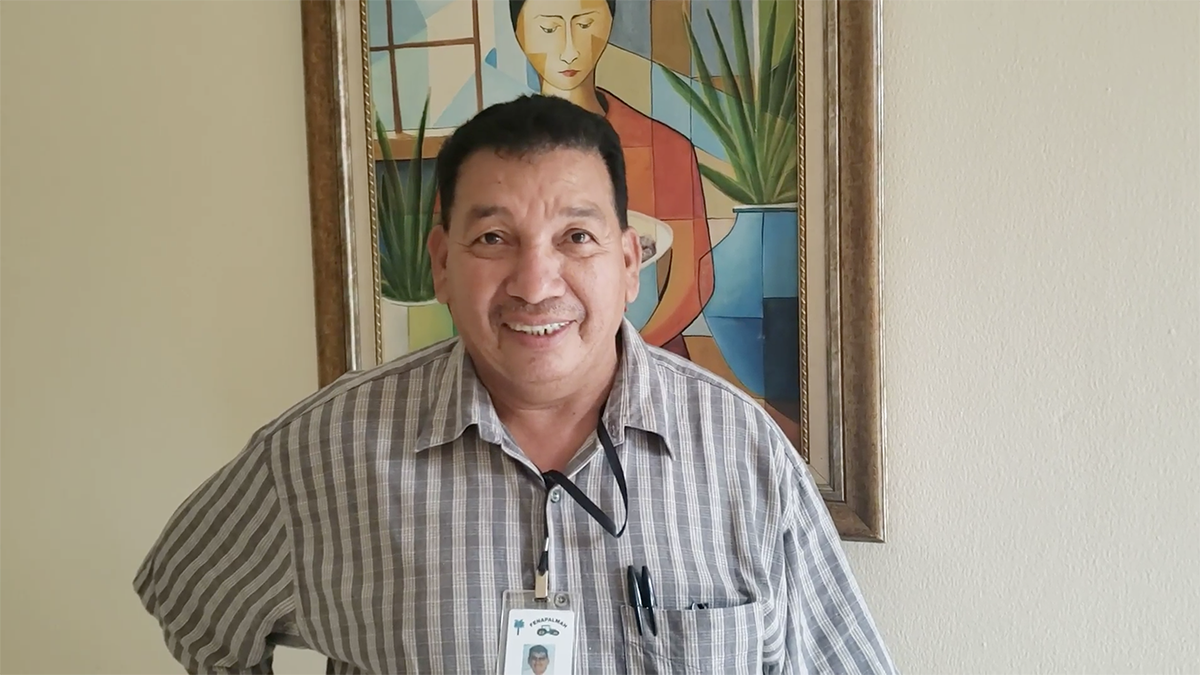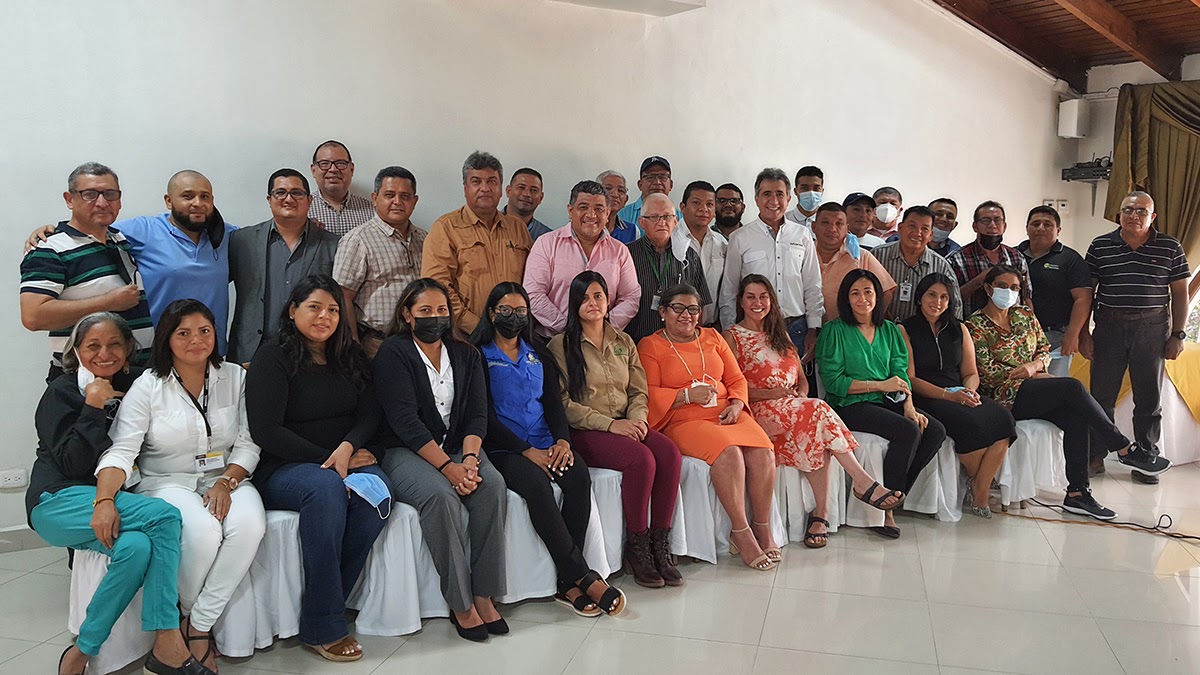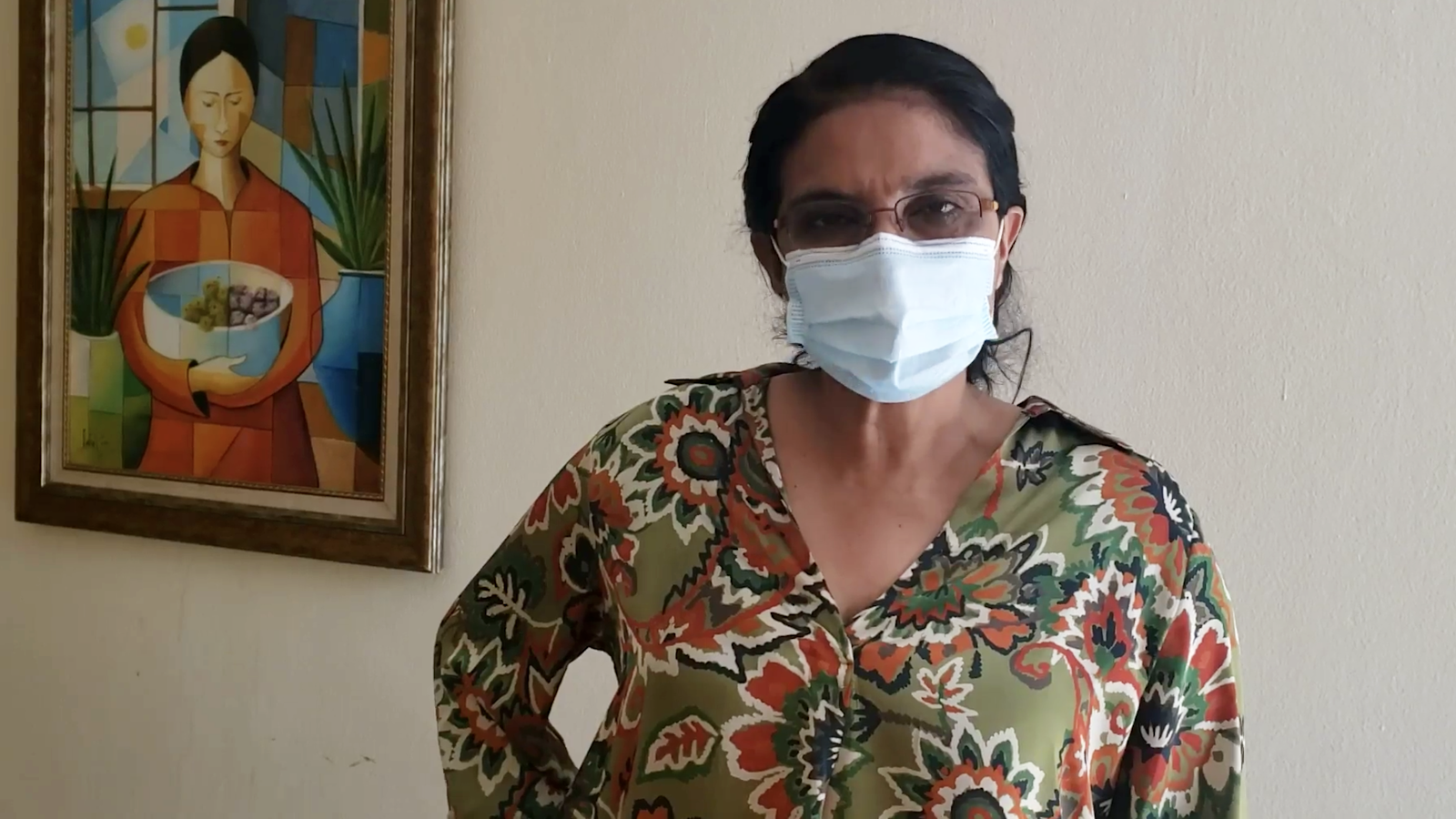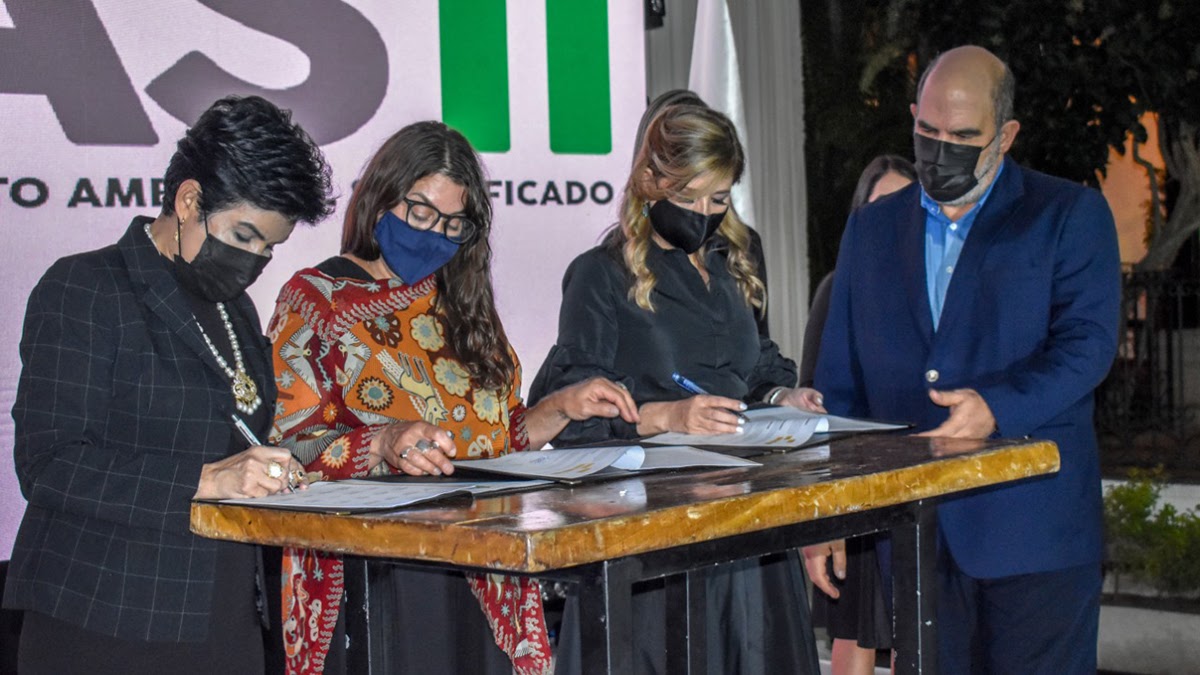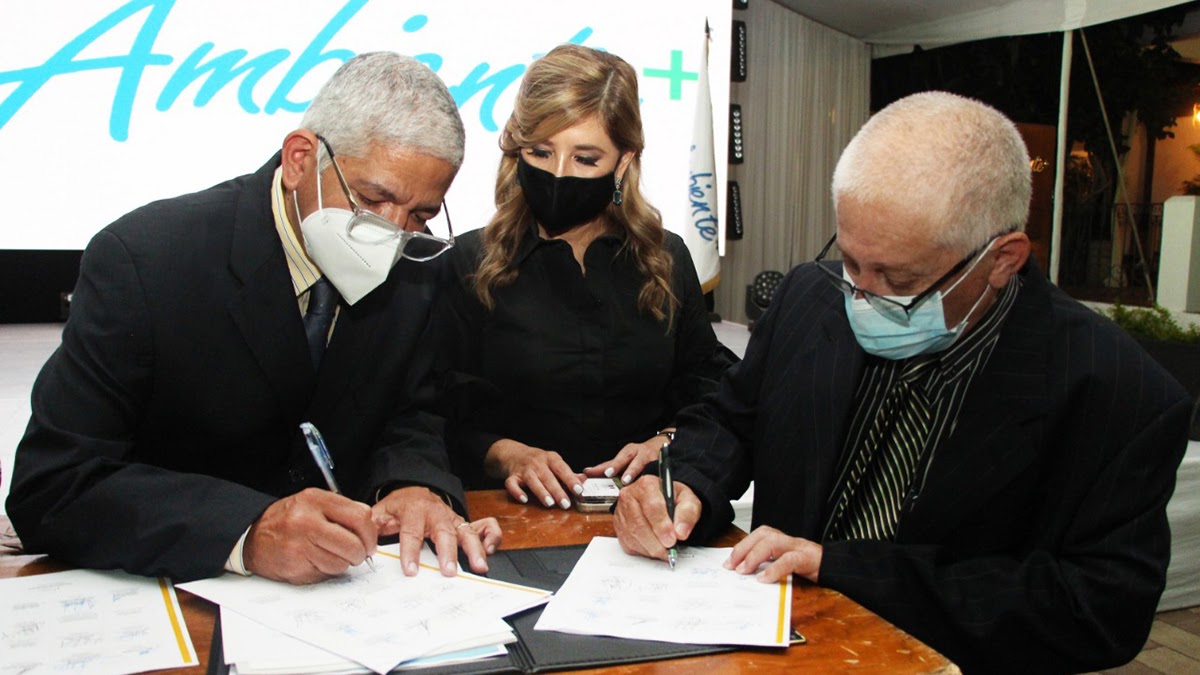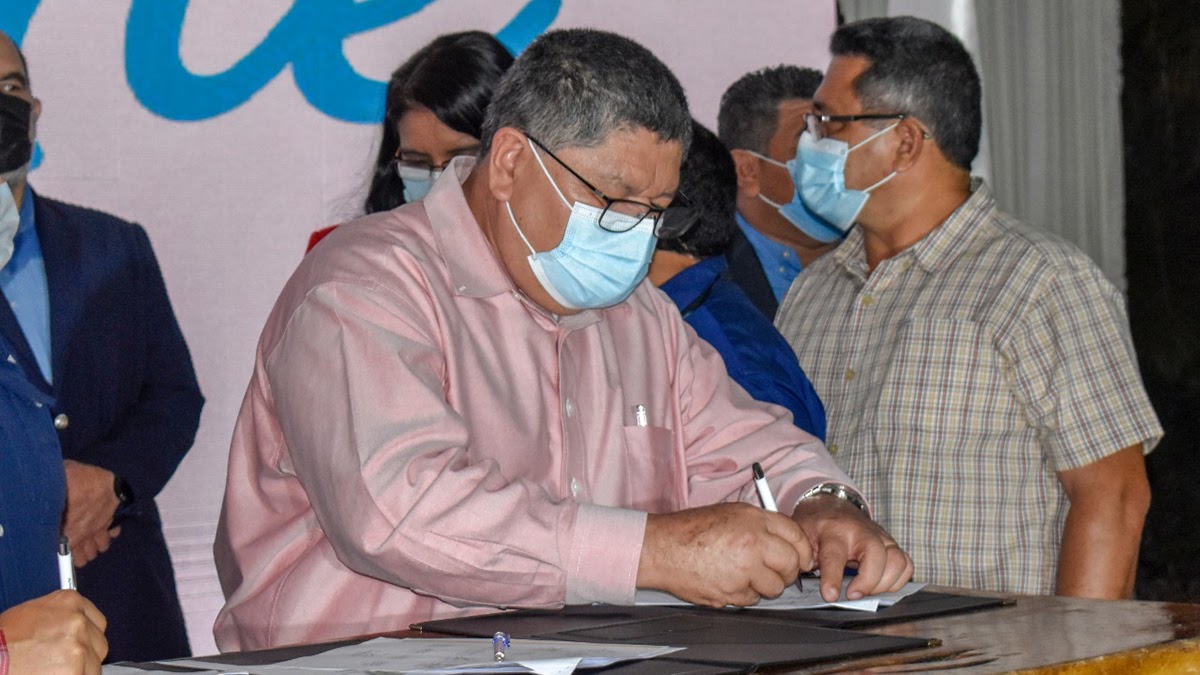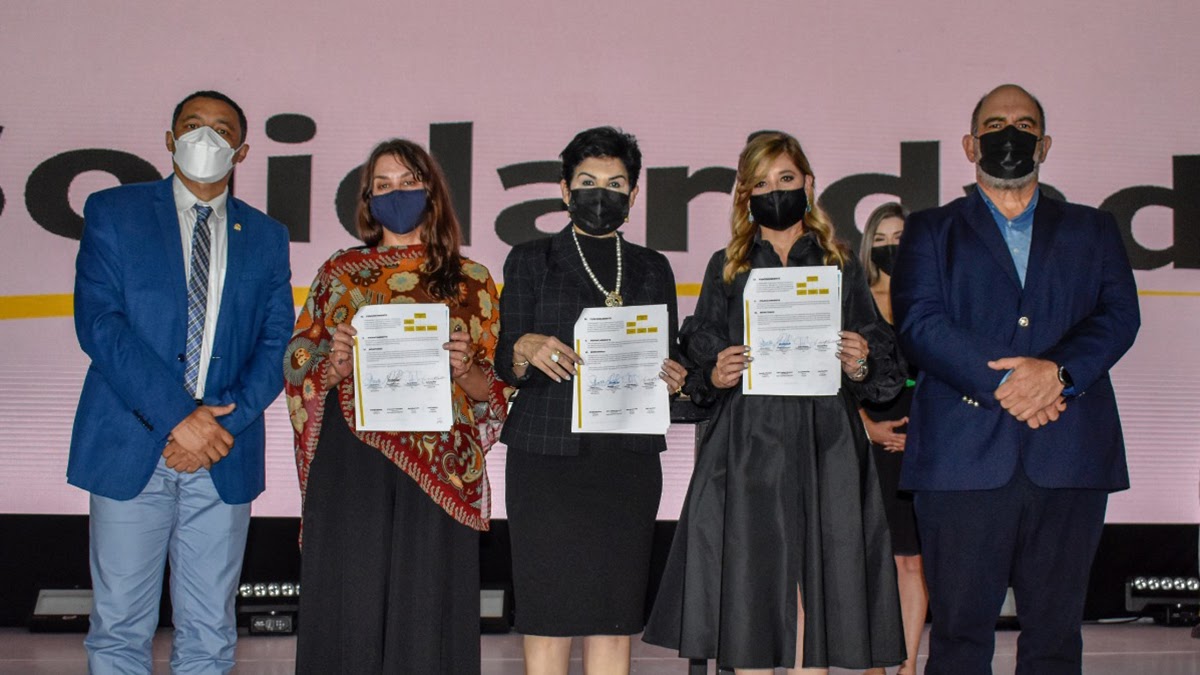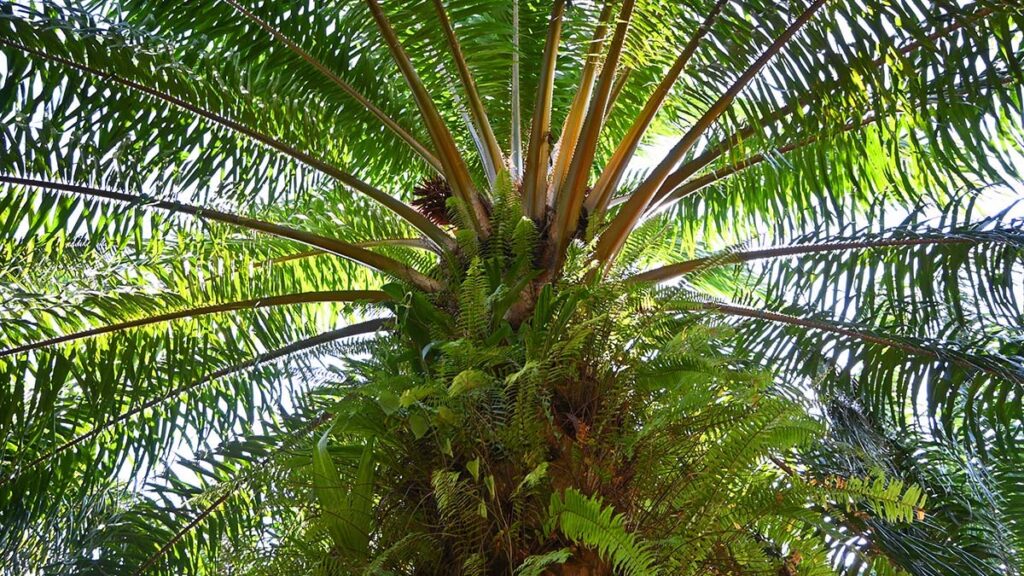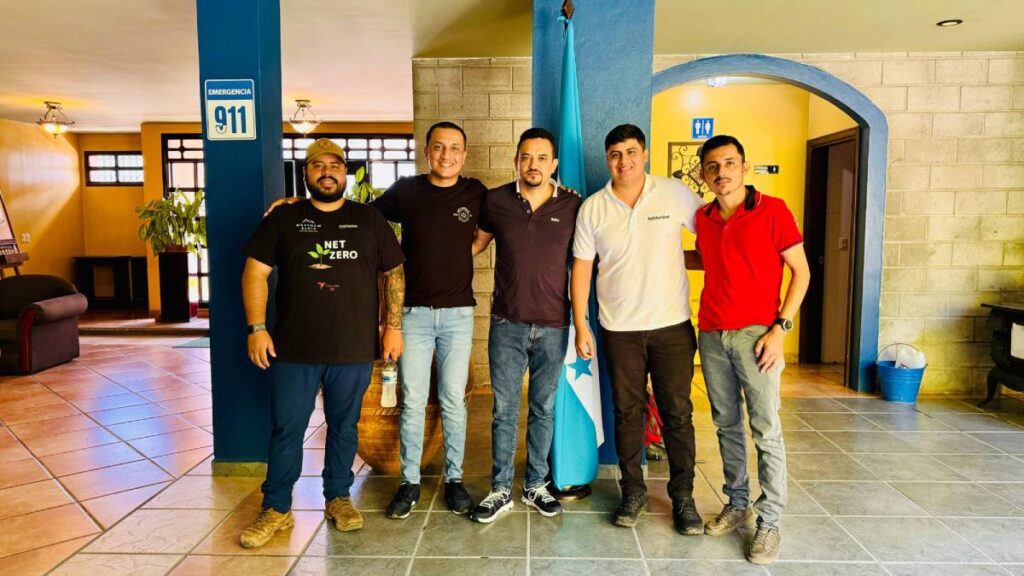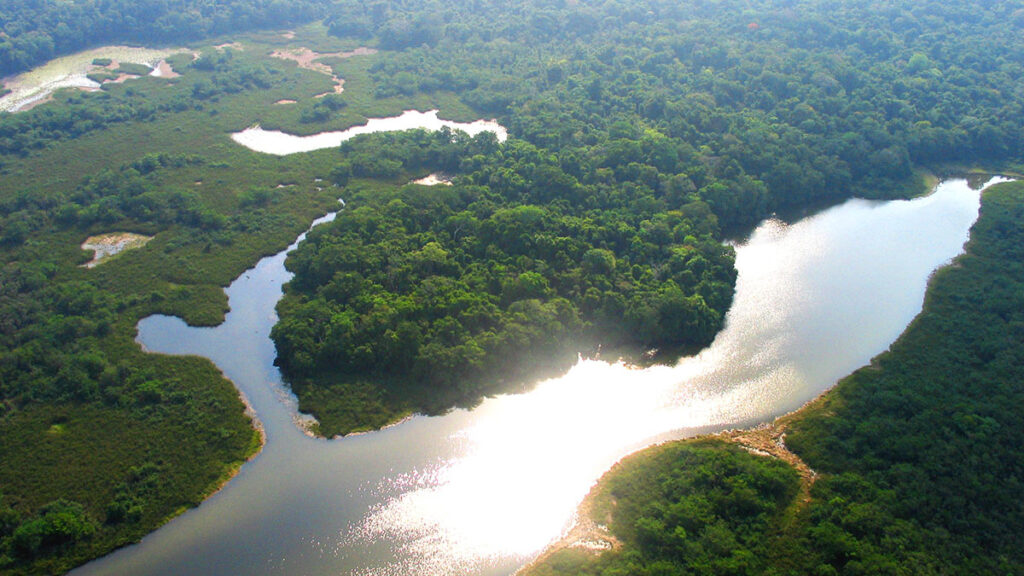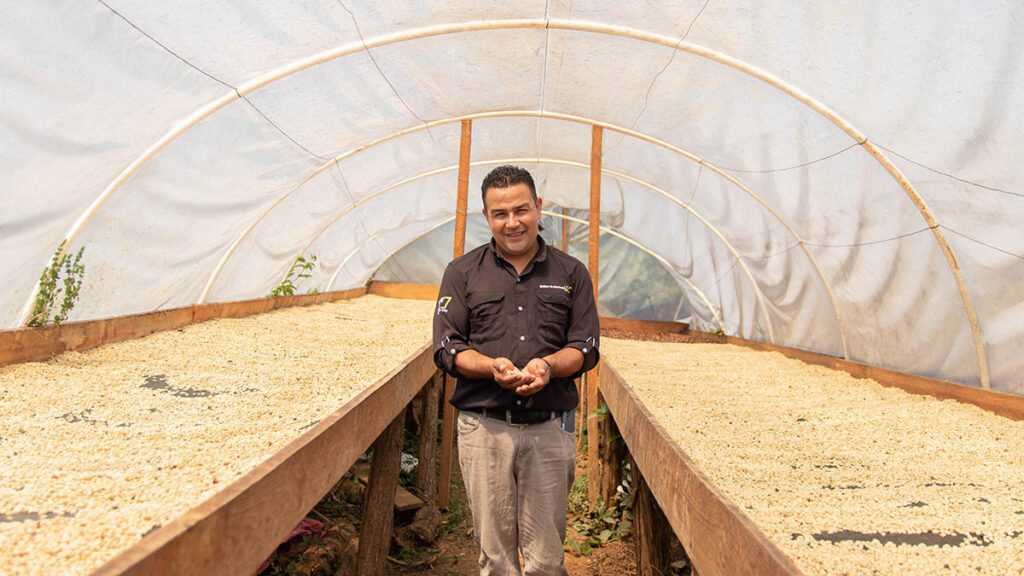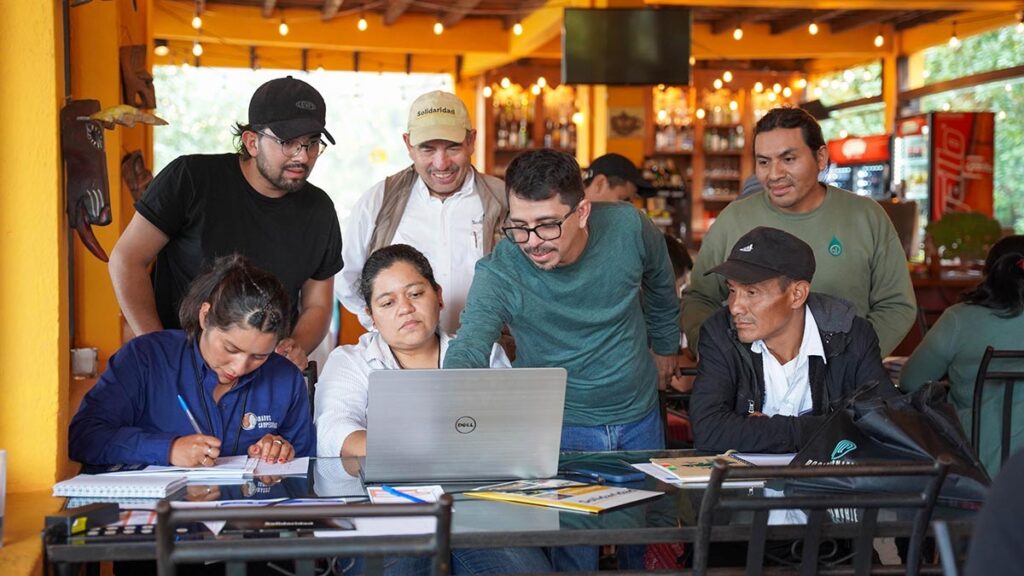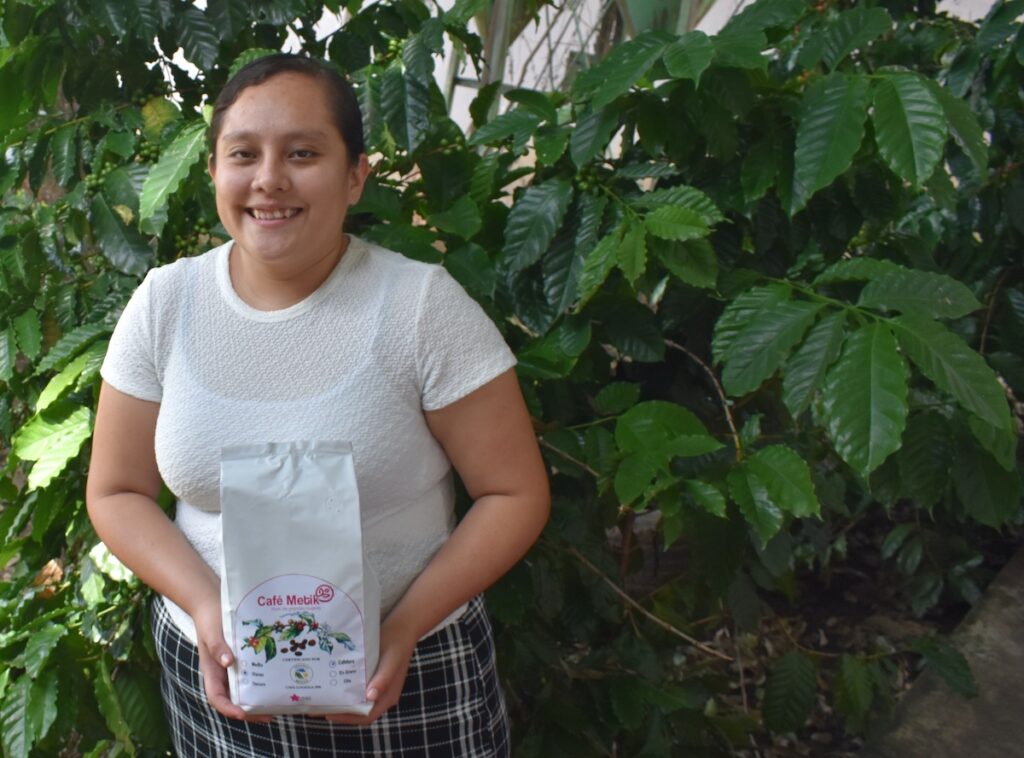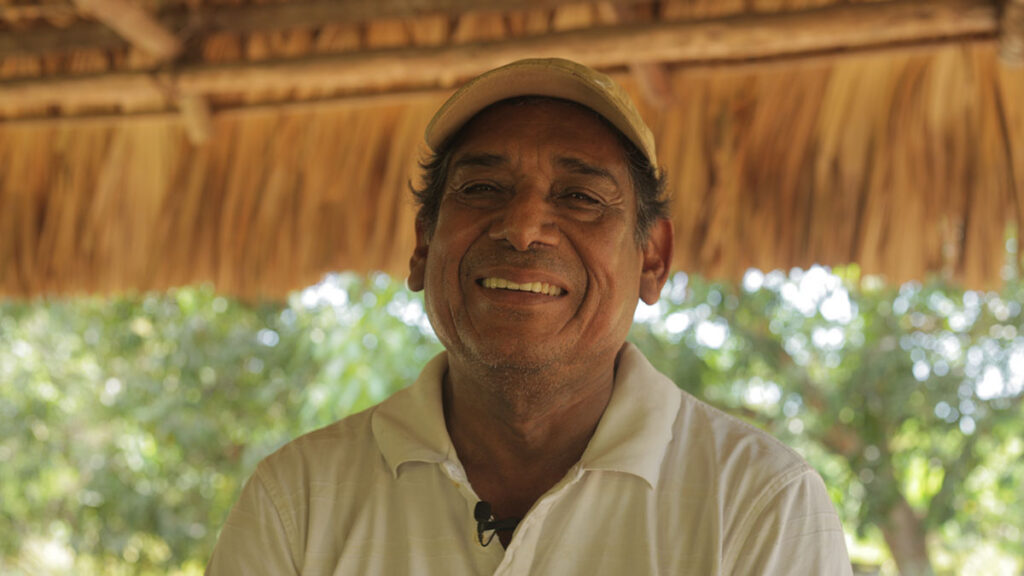The agreement is a result of a public-private partnership facilitated by Solidaridad to promote economic and social development with palm oil companies and small producer organizations whilst restoring and conserving the biodiversity of vulnerable ecosystems such as the Mesoamerican Barrier Reef System.
Zero-deforestation commitment renewed in the national assembly of the Honduran palm oil sector
Solidaridad gathered representatives of the palm oil sector in a morning session to share the objectives of the ratification of the agreement, the implementation plan and progress made to date.
José Edas Mejía, President of FENAPALMAH, the national palm oil federation which comprises 7,500 of Honduras’ 17,000 palm smallholders, stated, “This is a historic moment. For the first time we can clearly see the fruits of the efforts of the palm oil sector in Honduras, in alliance with the government and the international aid sector.”
Sector representatives were proud to participate in the ratification of the zero-deforestation agreement.
Ana Cesiah Molina, general manager of palm oil company ACEYDESA, highlighted the importance of the agreement for the private sector saying, “It’s exciting that through this initiative [ratification of the zero-deforestation agreement] the sector will be able to attract support for its implementation. We can all get behind this agreement, not only the private sector and smallholders, but also all of Honduras, so that we can achieve zero-deforestation at a national level.”
A call to action to foster genuine sustainability in Honduras
At the formal signing of the agreement, Michaelyn Baur, managing director of Solidaridad North and Central America, invited representatives of the government and international aid sector to join forces to work on sustainable development.
If Honduras aspires to genuine sustainability that is inclusive and empowers people to generate prosperity for themselves and their communities, through production systems that are in balance with nature, we in Solidaridad are ready to support this process.
Michaelyn Baur, Managing Director for Solidaridad North & CEntral America
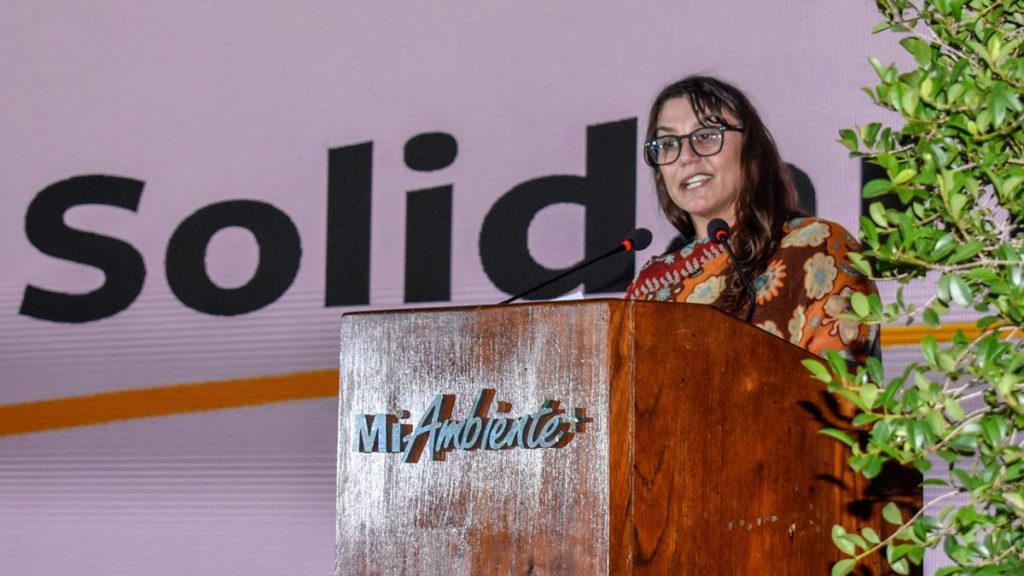
Ratification of a historic national agreement
The signatories to the agreement committed to executing concrete actions including the implementation of a deforestation monitoring protocol developed by the National Institute of Forest Conservation and Development, Protected Areas and Wildlife (ICF).
ICF’s Forest Management and Monitoring Information System (SIGMOF) promotes the accurate, transparent and efficient management of forestry information. The platform generates alerts when it detects the clearance of forest and sets in motion remediation and compensation mechanisms.
Progress to date:
- 50,000 hectares georeferenced and managed by SIGMOF
- Plantation analysis and identification of areas that can be renovated with high yielding varieties in order to prevent deforestation from the horizontal expansion of palm
- Training for technical teams of all palm oil companies and mills to ensure compliance in real time of the zero-deforestation agreement.
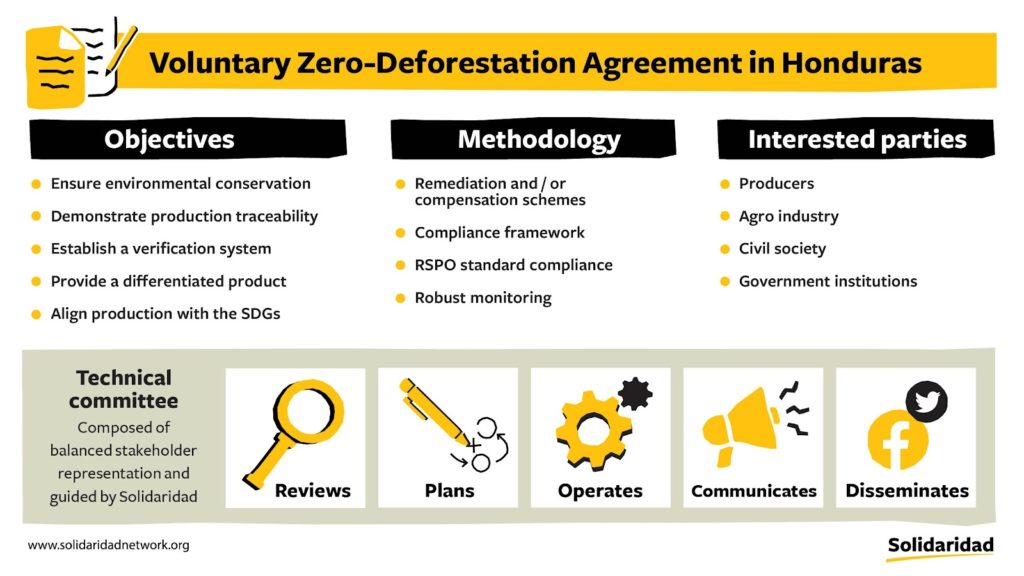
We need to keep working to transform the palm oil sector in Honduras and across Central America. The multistakeholder regional platform, MAPA, is an excellent way to scale the zero-deforestation initiative regionally. MAPA creates a dialogue space for all parties to come together to develop joint agreements and action plans, such as the National interpretation of RSPO P&Cs.
Join us to promote the sustainable development of the palm oil sector in Honduras.
To find out more about our work in MAPA, the Honduras zero-deforestation agreement and RSPO in Central America, please contact Flavio Linares.
For more information
To find out more about our work in MAPA, the Honduras zero-deforestation agreement and RSPO in Central America, please contact Flavio Linares

